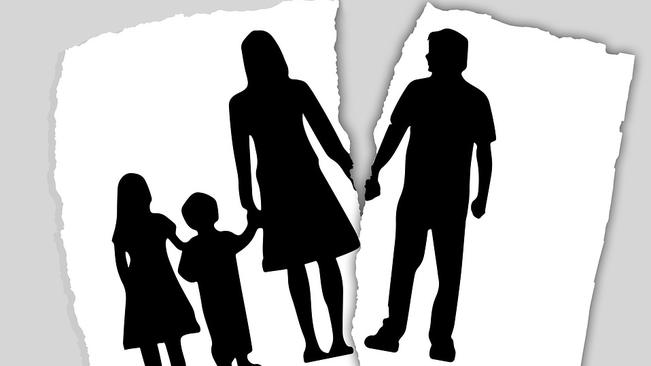One of the most bitter experiences of a divorce is obviously child custody. Very few decisions are as sensitive as this one. Even the courts seem to fumble over the determination of child custody. It takes a lot of time, analysis, and consultation before the court gives its final hearing.
It is understandable why child custody cases can become so messy. A lot of emotions are running through the issue. When emotions run so high, logic doesn’t work correctly. People can become pretty desperate about this matter.
In this article, we are trying to clear up some of the confusion and understand the different types of child custody.
What is “ Child Custody”?
Typically what we understand by ‘child custody” is how much a divorced parent can get to spend with their children. But it’s not really correct, at least not according to Canadian law.
According to Canadian law, child custody actually refers to which parent gets decision-making responsibility. The major issues concerning a child’s education, religious education, health care, extracurricular activities, and day-to-day life activities are included in child custody.
The difference between different types of child custody cases simply comes from the division of power that each parent gets.
When the court receives a child custody case, as part of a Family law proceeding between the partners, a custody order will be made. The order will set in motion whether one or both parents are responsible for making decisions for the children. Parenting time will also be addressed for the non-custodial parents.
Child custody arrangement can be changed if it is not meeting the need of the child or parent. However, the change will be made after a thorough examination. A judge can’t merely change arrangements because parents dislike it. Modification of agreement is made if only it’s unavoidable. For example, if one parent has to move to another province for a job or business, then the change of arrangement may be granted.
Different Types of Custody
Child’s safety, education, and mental situation get the most priority, whatever types of child custody are being applied. And, then it reflects one’s family’s unique requirements and circumstances.
Sole Custody
One parent gets to make all the decisions under a sole custody arrangement. The child normally lives with the parents who win the custody. But, it doesn’t mean that the losing parent won’t have the access time. The parent who loses custody will lose parenting or visitation rights if the court finds substantial evidence of violence or child abuse.
Sole custody is arranged if the judge thinks that this arrangement preserves the child’s best interests.
Joint custody
Both parents get to take the major decision under the joint custody agreement. In most cases, the court actually rules in favor of joint custody because, in a normal circumstance, the child needs his/her father and mother both for full mental development.
Healthy communication between the separated/divorced parent always benefits the children. Court orders joint custody when both parents separate on a good term. The court feels both of them are competent enough to take the child support and other responsibility.

Shared custody
We often confuse joint custody with shared custody, but it’s not the same case. Under federal Child Support Guidelines (CSG), shared custody is defined by the financial obligations that the parents have.
In shared custody, each parent gets to spend at least 40 percent of the time with the child for a year. Both parents have to contribute and make major decisions, even if the child lives with only one parent.
Which Arrangement is The Best?
Custody’s decision doesn’t depend on the parents’ wish. You can’t simply choose a type just because you like it. The court order is the final statement that determines which type of custody you’ll get. The court is always at liberty in the decision-making process.
But, it doesn’t mean that your hand is completely tight. The court’s decision also depends on the action you take. If you represent the case with good tactics, you’ll get a better bargain. That’s why you need an experienced attorney who knows how to handle this case. An expert lawyer will understand your situation and be able to make the best decision available to you.
